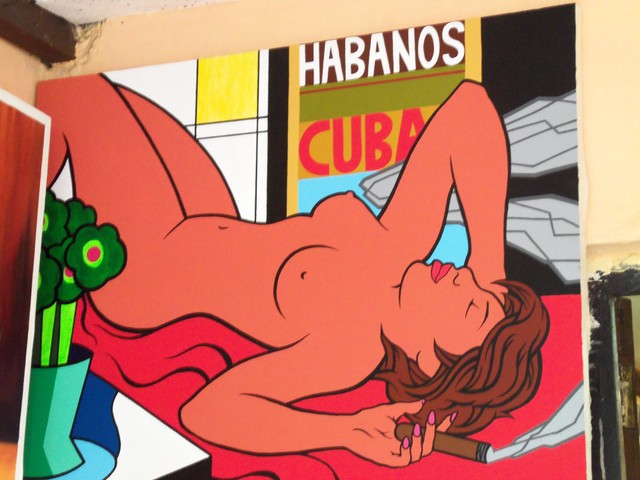This Piece of Web real estate Could Be yours!Put your add here. Contact us at sales for rates and terms.Something to sell?Put your add here. Contact us at sales for rates and terms.Something to sell?Put your add here. Contact us at sales for rates and terms. |  An Accidental Cuban Interlude Jan 2011, Havana Cuba |